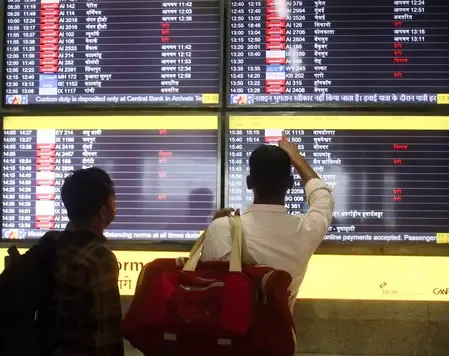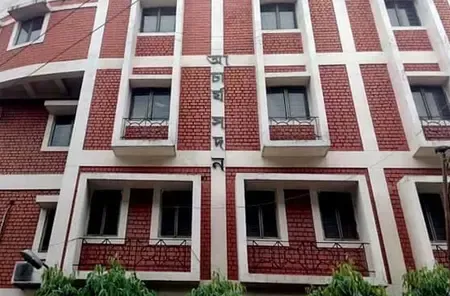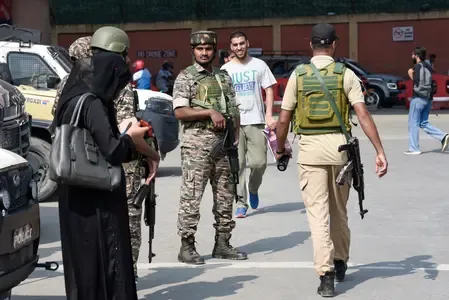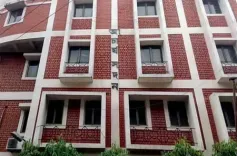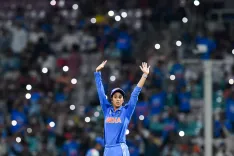Assam CM Critiques Congress for Judiciary Attacks
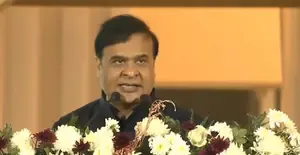
Synopsis
Key Takeaways
- CM Himanta Biswa Sarma criticizes Congress for judiciary attacks.
- BJP reaffirms commitment to judicial independence.
- Highlighting Congress's historical criticism of judiciary figures.
- Calls for consistent respect towards judicial decisions.
- Warns against undermining public trust in democracy.
Guwahati, April 20 (NationPress) Assam Chief Minister Himanta Biswa Sarma on Sunday launched a fierce critique of the Congress party, pointing to numerous occasions when they have disparaged the judiciary.
The CM reaffirmed the BJP's dedication to maintaining the dignity of the judiciary after the party distanced itself from the controversial remarks made by Nishikant Dubey.
In a post on X, Sarma stated, "The Bharatiya Janata Party (BJP) has always upheld the independence and dignity of the judiciary as a fundamental aspect of India’s democracy. Recently, esteemed BJP President Shri JP Nadda ji reiterated this commitment by distancing the party from statements made by Hon’ble MP Shri Nishikant Dubey regarding the Supreme Court. Adarniya Nadda Ji stressed that these were personal views and not indicative of the party’s position, reaffirming the BJP’s profound respect for judicial institutions."
Sarma further noted, "While the BJP holds this principled stance, it is essential to scrutinize the Congress Party’s historical engagement with the judiciary. The Congress has, on several occasions, openly criticized respected members of the judiciary: - Justice Dipak Misra: Encountered an unprecedented impeachment motion initiated by Congress and other opposition parties, alleging misconduct without substantial evidence. - Justice Ranjan Gogoi: Faced harsh criticism following landmark rulings, including the Ayodhya verdict. - Justice Arun Mishra: Criticized for his judicial decisions and alleged closeness to the executive, despite adhering to constitutional obligations. -Justice D.Y. Chandrachud: Subjected to unfair scrutiny over his interpretations in significant cases, illustrating a pattern of disapproval when verdicts diverged from certain political expectations. - Justice S. Abdul Nazeer: Criticized by Congress for his appointment as Governor of Andhra Pradesh shortly after retirement, claiming it jeopardized judicial independence, notwithstanding similar past appointments.
Sarma argued that this pattern indicates a tendency within the Congress Party to question the judiciary’s credibility when outcomes do not align with their political agenda. Such selective criticism not only undermines the sanctity of judicial processes but also establishes a troubling precedent for democratic dialogue.
"It is crucial for all political entities to approach judicial decisions with consistency and integrity. Respect for the judiciary should not depend on the favorability of its rulings. Selective approval undermines public trust and the foundational tenets of our democracy. In conclusion, while the BJP continues to honor the judiciary’s role impartially, it is vital for opposition parties to reconsider their approach, ensuring that critiques are based on principle rather than convenience," he added.

